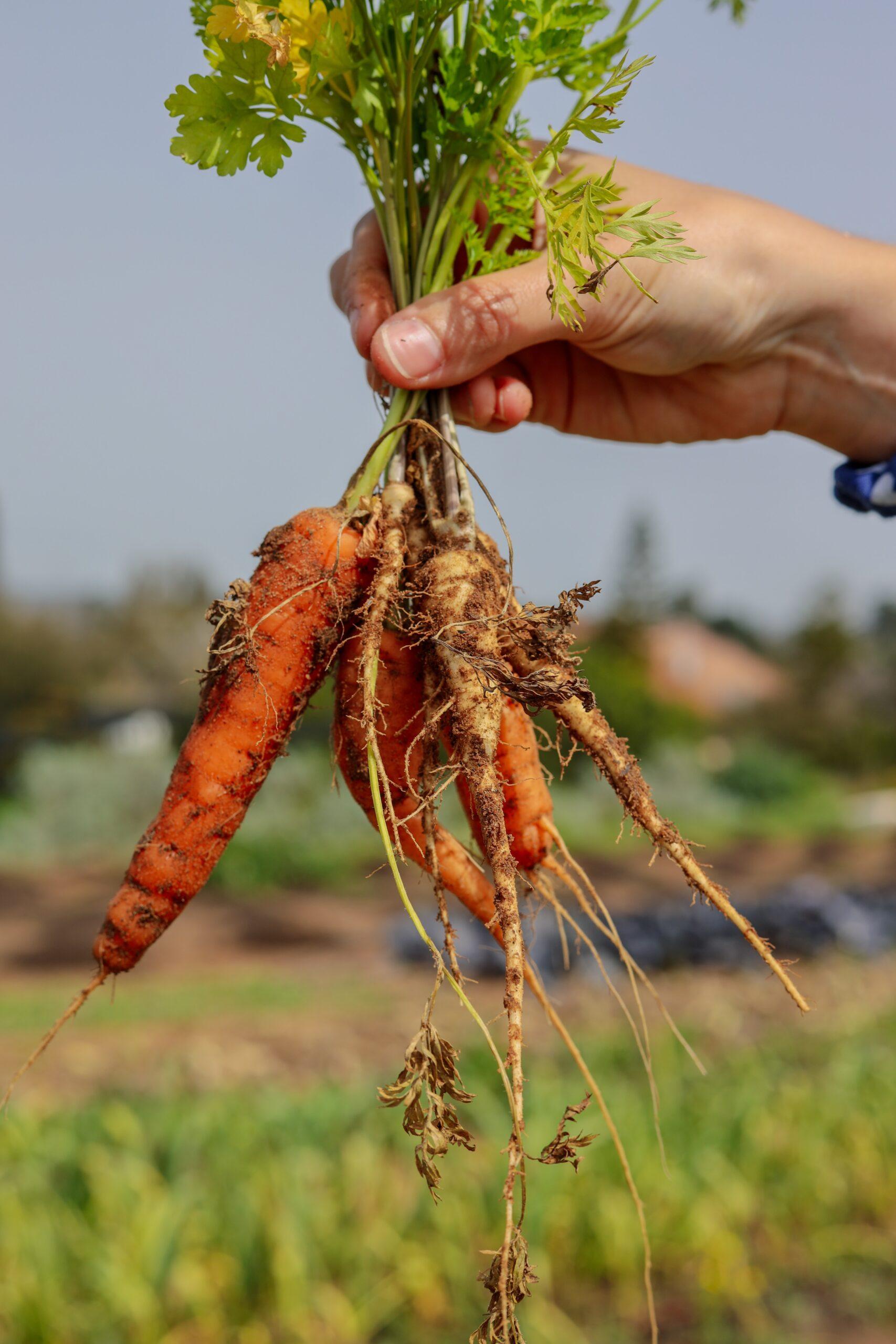Everybody knows plants store carbon. But soils do too.
That’s the idea behind organic no-till farming, a cultivation technique that could dramatically increase soil carbon storage across the globe.
Research has shown organic farming methods sequester more carbon per acre than fossil fuel-based conventional methods. While scientists are still fleshing out the reasons for this, one likely cause is the increased level of mycorrhizal fungi in organically managed plots. These microscopic fungi literally help “glue” soil particles together, which traps organic carbon, nutrients, and water in the soil for the long haul.
Similarly, no-till farming preserves soil carbon storage through the thick crop root systems that develop when tillage is dramatically reduced. The combination of the two methods is now being studied by the Rodale Institute for its potential to produce even more climate benefits.

The early results are striking: compared to conventional farming techniques, which result in 300 lbs of carbon emissions per acre each year, Rodale’s research (pdf) suggests that organic no-till farming combined with utilizing compost as a natural fertilizer could store over a ton of carbon per acre per year in the ground.
The best part? Crop yields are likely to remain the same or even increase under organic no-till management. Rodale’s long-term comparison study of organic and conventional methods showed no difference in yields between the two farming techniques in normal years, and increased yields in organic plots during drought years (thanks to all those mycorrhizal fungi holding water and carbon in long-term storage). The variety of other benefits generated by organic no-till farming — from reducing nutrient runoff and erosion to decreasing fuel and fertilizer cost — are icing on the cake.
P.S. No-till agriculture has also played a somewhat controversial role in the carbon market. We’ll have some thoughts on those issues next week.
Brought to you by terrapass.com
Featured image






